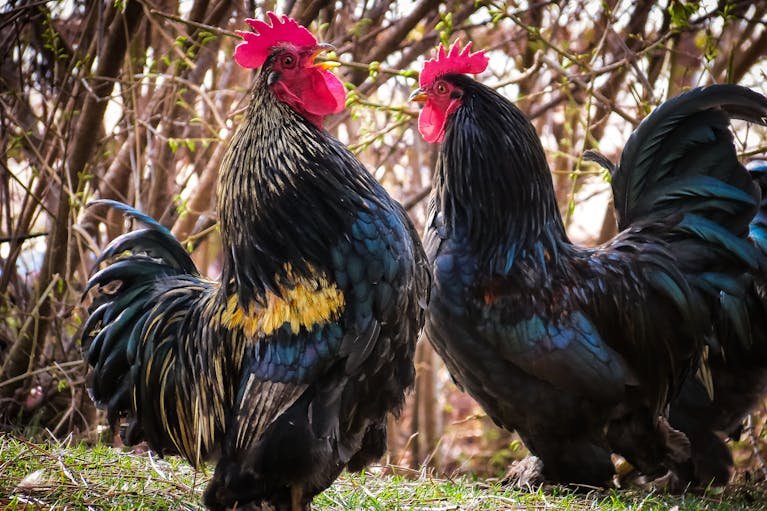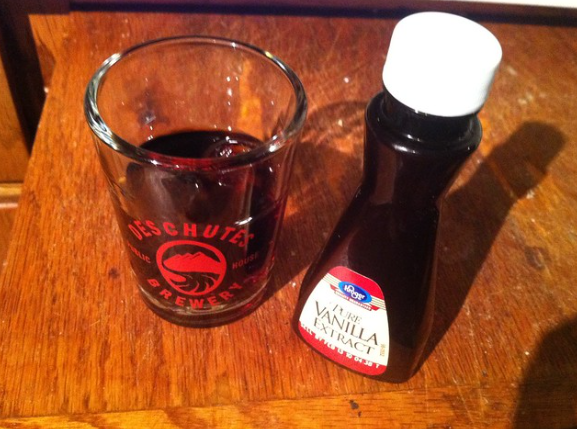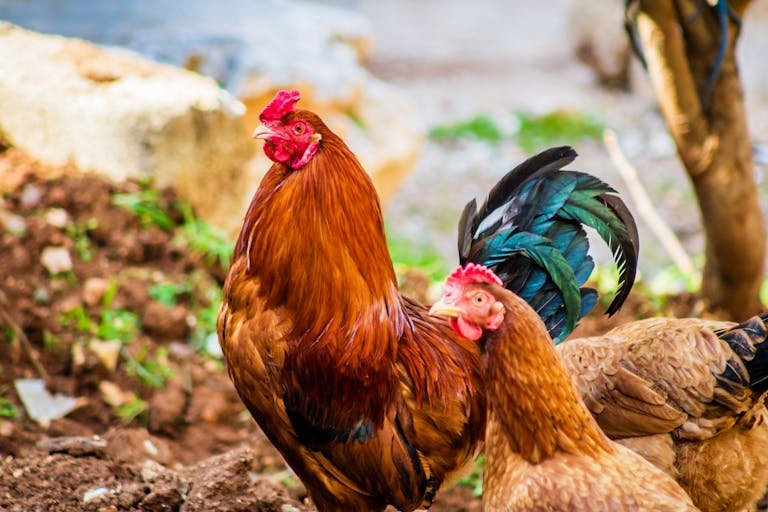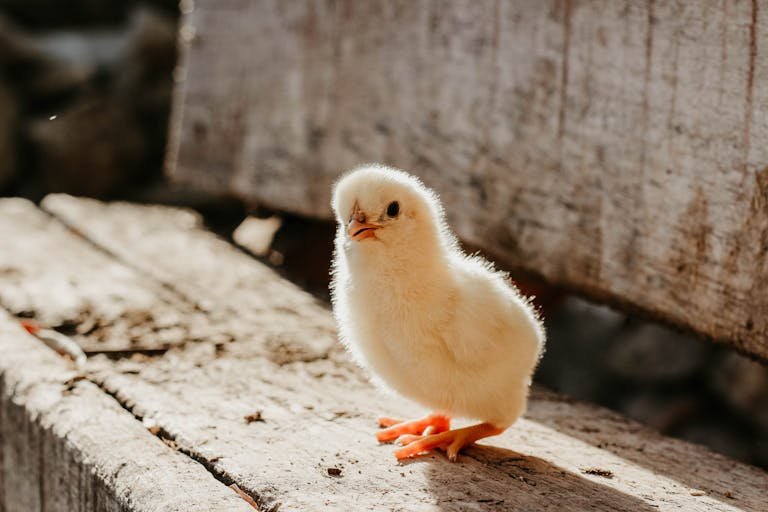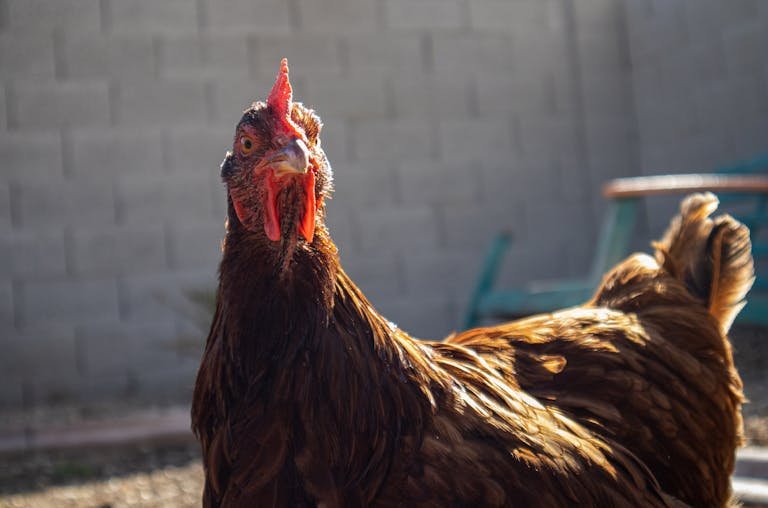DIY Probiotics for Birds: Boost Health & Immunity Naturally
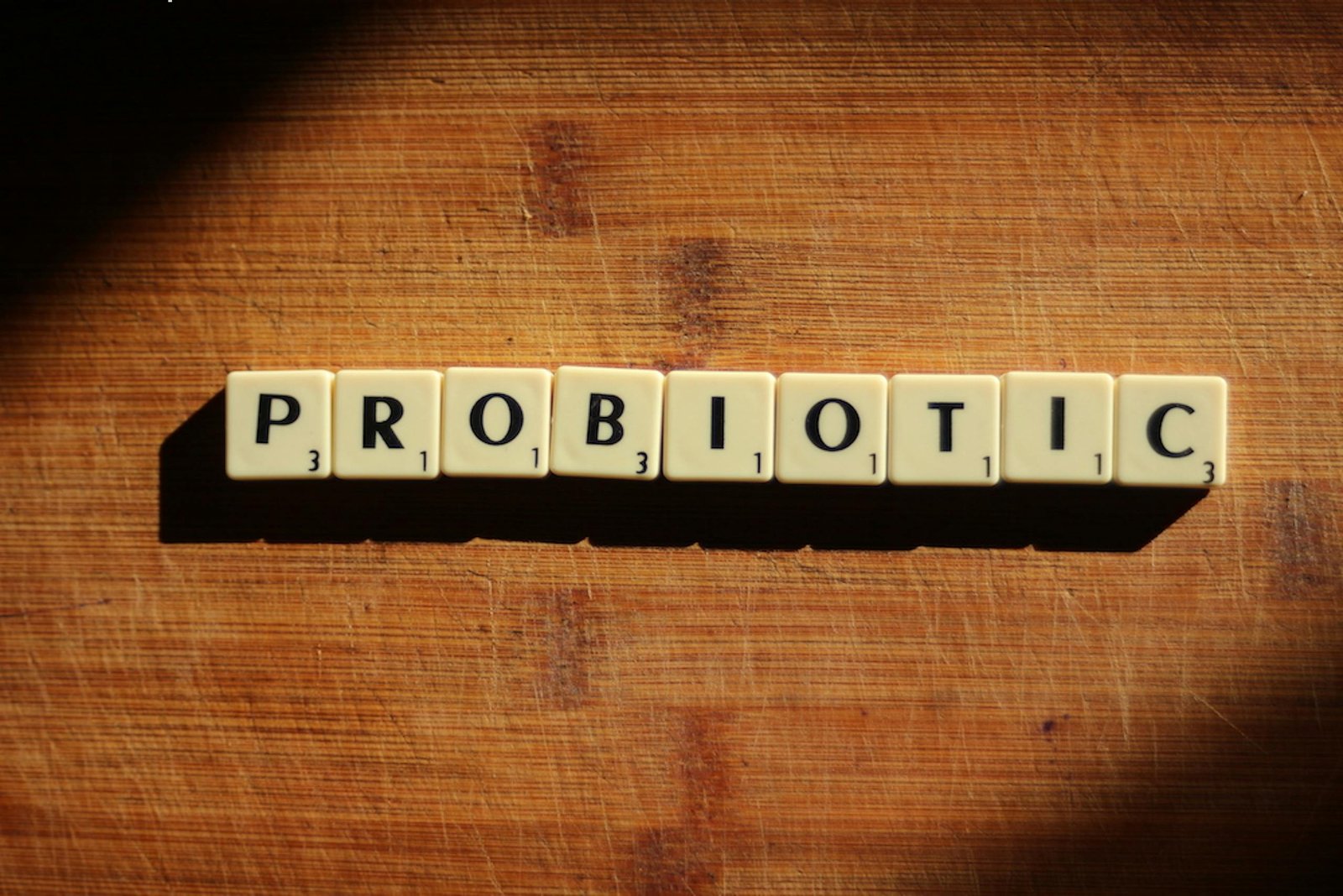
Probiotics have become a crucial part of maintaining not only human health but also the well-being of our feathered friends. Birds, especially those kept in captivity, benefit significantly from probiotics as they help maintain a balanced digestive system. In this comprehensive guide, I will show you how to make probiotics for birds using simple ingredients and methods that you can easily follow at home.
What is Probiotics for Birds
Probiotics are beneficial microorganisms, mostly bacteria, that support the digestive system of birds. These bacteria colonize the gut, aiding in digestion, improving nutrient absorption, and keeping harmful pathogens in check. By maintaining a healthy gut microbiome, probiotics contribute to overall wellness, immune function, and even the mood of your birds.
What Are Probiotics?
- Beneficial bacteria: Probiotics are live microorganisms, primarily bacteria, that provide health benefits when consumed in appropriate amounts.
- Gut health: In birds, probiotics help maintain a healthy balance of bacteria in their gut, supporting better digestion.
- Immune system support: A balanced microbiome can enhance the bird’s immune system, making them more resilient to diseases.
- Improved nutrient absorption: Probiotics facilitate the breakdown and absorption of essential nutrients from the food your bird eats.
Benefits of Probiotics for Birds
- Improved digestion: Probiotics aid in the digestion of food, especially fibrous and tough materials like seeds.
- Stronger immunity: Birds consuming probiotics tend to have stronger immune systems, helping them ward off infections.
- Healthier feathers and skin: A well-maintained gut microbiome often reflects positively in the appearance of feathers and skin.
- Prevention of diarrhea: Probiotics help regulate bowel movements and prevent diarrhea, especially when a bird’s diet or environment changes.
Now that you understand the importance of probiotics for birds, let’s explore four different methods for making these probiotics at home.
Methods for Making Probiotics for Birds
There are several methods you can use to make probiotics for birds at home. Below, I’ll guide you through four of the most popular and effective methods:
- Homemade yogurt
- Fermented vegetables
- Kombucha
- Cultured grains
1. Homemade Yogurt
Homemade yogurt is an easy and nutritious probiotic option for birds. Yogurt contains Lactobacillus bacteria, which are excellent for gut health.
Ingredients:
- Milk (preferably raw or organic for better quality)
- Yogurt culture (you can buy this from a store or use a small amount of plain, unflavored yogurt as a starter)
Process:
- Heat the Milk: Pour the milk into a saucepan and heat it until it reaches around 100-110°F (38-43°C). Use a kitchen thermometer to ensure accuracy.
- Add Yogurt Culture: Once the milk has reached the right temperature, stir in the yogurt culture. If using plain yogurt as a starter, add one to two tablespoons of it per quart of milk.
- Pour into a Container: Transfer the milk and yogurt mixture into a clean jar or container. Make sure it’s sterilized to avoid any unwanted bacteria.
- Incubate: Cover the jar or container with a lid and place it in a warm, draft-free location. Let it sit for 8-12 hours. The mixture will thicken and become sour, indicating that the bacteria are active.
- Refrigerate: Once the yogurt has set, transfer it to the refrigerator to stop further fermentation.
How to Feed:
- Introduce Slowly: Begin by giving your bird a small teaspoon of yogurt mixed with its regular food.
- Increase Gradually: Over a week, you can slowly increase the amount to a few teaspoons daily.
2. Fermented Vegetables
Fermented vegetables are another excellent source of probiotics. Vegetables like cabbage, carrots, and cucumbers can be easily fermented at home and are rich in beneficial bacteria like Lactobacillus.
Ingredients:
- Fresh vegetables (e.g., cabbage, carrots, cucumbers)
- Salt (sea salt or Himalayan salt works best)
Process:
- Prepare the Vegetables: Wash the vegetables thoroughly and shred or chop them into small, manageable pieces.
- Add Salt: Sprinkle salt over the vegetables. You’ll need about 1-2 tablespoons of salt per quart of vegetables. The salt helps to draw out moisture and create a brine.
- Pack into a Jar: Place the vegetables tightly into a glass jar, pressing down firmly to ensure the vegetables are submerged under their juice or the brine. You may need to add a weight on top to keep them submerged.
- Ferment: Leave the jar at room temperature for 1-2 weeks. During this time, the vegetables will ferment, creating a tangy flavor and rich probiotic content. Keep the jar loosely covered to allow gas to escape but prevent contaminants from entering.
- Check the Taste: After 7 days, taste the vegetables to see if they are fermented to your liking. Once they are tangy and slightly soft, transfer the jar to the refrigerator.
How to Feed:
- Start Small: Offer a small piece of fermented vegetable to your bird and observe its reaction.
- Increase Gradually: As your bird adjusts, you can add more pieces to their regular food.
Read Also: Why Do Chickens Sneeze? Uncover the Poultry Puzzle
3. Kombucha
Kombucha is a fermented tea rich in beneficial bacteria and yeast. While it’s more commonly consumed by humans, birds can also benefit from a diluted version of this probiotic drink.
Ingredients:
- Black or green tea
- Sugar (white sugar or cane sugar)
- Kombucha SCOBY (Symbiotic Culture of Bacteria and Yeast)
Process:
- Brew the Tea: Boil water and steep the tea leaves for 10-15 minutes. Remove the tea bags or strain the leaves and let the tea cool to room temperature.
- Add Sugar: For every quart of tea, dissolve ¼ to ½ cup of sugar. The sugar is essential for feeding the bacteria and yeast in the SCOBY.
- Add the SCOBY: Place the SCOBY into the tea and cover the jar with a cloth or coffee filter. Secure it with a rubber band.
- Ferment: Let the tea sit at room temperature for 1-2 weeks. Over time, the tea will ferment, becoming tangy and slightly fizzy.
- Taste Test: After 7 days, taste the kombucha. If it’s too sweet, let it ferment longer until it has a tangy flavor.
How to Feed:
- Dilute the Kombucha: Mix one part kombucha with four parts water before offering it to your bird.
- Feed Sparingly: Start with a small amount once a week, as too much kombucha can be overwhelming for a bird’s digestive system.
4. Cultured Grains
Cultured grains are another excellent way to introduce probiotics into your bird’s diet. Grains like rice or quinoa can be fermented with yogurt or kefir, adding beneficial bacteria to your bird’s meals.
Ingredients:
- Grains (e.g., rice, quinoa, or barley)
- Water
- Yogurt or kefir
Process:
- Cook the Grains: Prepare the grains according to the package instructions, using water or broth. Let the grains cool completely after cooking.
- Add Yogurt or Kefir: Once the grains have cooled, mix in 2-3 tablespoons of yogurt or kefir per cup of grains.
- Ferment: Cover the mixture loosely with a lid or cloth and let it sit at room temperature for 12-24 hours.
- Taste Test: After 24 hours, the grains should have a slight sour smell, indicating that fermentation has occurred.
How to Feed:
- Serve with Regular Food: Mix the cultured grains into your bird’s regular food.
- Feed-in Moderation: Offer once or twice a week for optimal benefits.
Tips for Using Homemade Probiotics
When it comes to introducing probiotics to your bird’s diet, gradual and careful implementation is essential. Here are some important tips to keep in mind:
1. Introduce Gradually
Birds can be sensitive to new foods, so it’s important to introduce probiotics slowly. Start by offering a very small amount, such as a teaspoon or less, and monitor how your bird reacts.
2. Combine with Regular Food
If your bird is hesitant to try new foods, mix the probiotics into their regular food. This makes it easier for them to adjust to the taste and texture of fermented foods.
3. Store Properly
Once you’ve made your homemade probiotics, ensure they are stored correctly. Most homemade probiotics should be refrigerated to maintain their potency and prevent spoilage.
4. Consult a Veterinarian
While homemade probiotics are generally safe, it’s always a good idea to consult with a veterinarian, especially if your bird has a pre-existing health condition. A vet can help guide you on the correct amount and type of probiotic to give.
Read Also: Is Fowl Pox Contagious? A Comprehensive Guide
Conclusion
Probiotics are a natural way to support your bird’s health, and making them at home is both simple and cost-effective. Whether you’re fermenting yogurt, vegetables, tea, or grains, the key is to introduce these probiotics gradually and monitor your bird’s response. By following these steps, you’ll be able to improve your bird’s digestive health, boost their immunity, and ensure they lead a long, healthy life.
